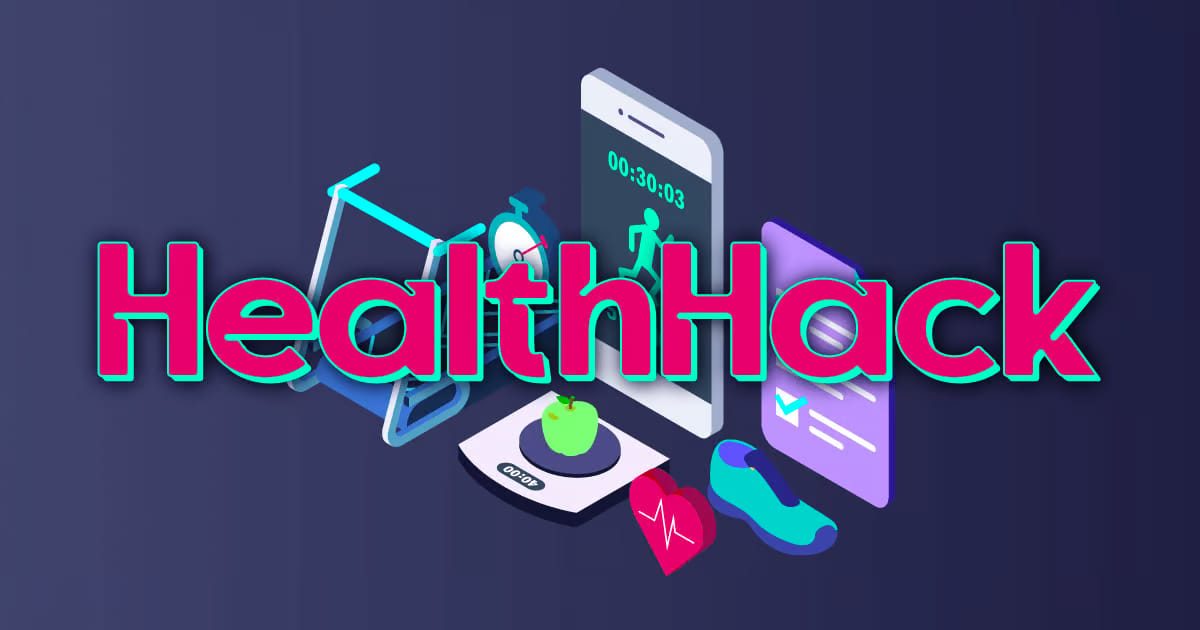- HealthHack
- Posts
- 💊 Multivitamins exposed
💊 Multivitamins exposed
What the current science says about how helpful multivitamins really are.

Happy Sunday!
Today, we’re digging into multivitamins and how helpful they really are.

📊 HealthHack Poll of the Week 📊
Last week, we asked how much water you typically drink every day, and the most votes went to:
4-7 glasses 💧
This week, with our deep dive on multivitamins, we’d love to know:
What's your approach to vitamins and supplements? |
Cast your vote for your top choice, and drop a comment in the “Additional Feedback” box on the poll page to share more!

Multivitamins: The ultimate wellness pill, or overhyped placebo? 💊
In the search for optimal health, multivitamins have emerged as a popular supplement.
Promising a convenient fix to nutrient deficiencies, they’re a staple in many health routines.
So after recent research suggested multivitamins could help slow aging-related cognitive decline by up to 2 years, we got curious and asked ourselves:
What does current research say about how effective they are for overall health?
Let’s dive into the recent science and realities behind multivitamins for a clearer picture of how well they really work.

The Multivitamin Promise: Bridging Nutritional Gaps
Multivitamins, offering a mix of essential vitamins and minerals, are perceived as a dietary safety net, designed to fill the gaps in modern diets.
They come in a variety of forms, but most include key vitamins like A, B-complex (including B12), C, D, E, and K.
And, with a third of US adults taking a multivitamin, they’re now the most commonly taken supplement.
Getting proper nutrition through food alone takes a lot of planning and execution, making the idea of an all-in-one solution quite attractive.
But are they a one-size-fits-all solution?
Research suggests that while they can provide a buffer against nutritional deficiencies, they cannot replace the complex mix of nutrients and phytochemicals found in whole foods.
With that in mind…
Here’s what the current scientific consensus says on how effective they really are.
84 studies spanning 30 years suggest that vitamins and minerals may be less effective than we thought, especially in preventing cancer and heart disease.
Some studies suggest a potential benefit in reducing the risk of specific nutrient deficiencies and chronic conditions in certain demographics.
However, for the general, healthy population, the evidence for multivitamins preventing chronic diseases or significantly boosting health is less convincing.
Concerns also arise over the potential for excessive nutrient intake, particularly with fat-soluble vitamins that the body cannot easily excrete.
Which begs the question…
Are they actually beneficial for anyone?
Yes! Certain groups can absolutely benefit from multivitamin use.
This includes individuals with specific nutrient deficiencies, pregnant women needing folic acid and other nutrients, the elderly facing absorption challenges, and people with dietary restrictions (like vegans).
Vegans and vegetarians might need to focus on B12 and iron, which are less abundant in plant-based diets.
High-activity individuals may need to supplement with A, B, K, and E vitamins.
For some, multivitamins can act as a crucial dietary supplement.
Plus, there’s the psychological benefit of taking a daily multivitamin to serve as a comforting routine and a commitment to health.
While this placebo effect doesn't replace the actual nutritional value, it can play a role in people’s overall approach to health and wellness.
Now, if you’re going to take a multivitamin…
Brands that hold certifications such as USP or NSF are great to look out for.
These certifications demonstrate their commitment to third-party testing, building trust, and ensuring quality.
In conclusion…
While beneficial in addressing specific deficiencies, multivitamins aren’t a substitute for a varied and nutrient-rich diet.
They have their place in certain contexts.
But ultimately, a balanced diet, tailored to individual needs, remains the cornerstone of good nutrition and health.

More publications HealthHack readers love that you might, too!

Become a better professional in 5 minutes. The Assist is your shortcut to success. Get the 4x weekly, free newsletter that makes becoming a better professional fun AF.

Get Smarter About AI and Tech in 5 minutes. Receive a daily summary of the most important AI and Tech news, selected from 100+ media outlets (The Verge, Wired, Tech Crunch…) in Techpresso.

The Digital Income is a community of over 2,000 busy professionals using Internet resources to build wealth and live life on their own terms. Join us today and discover how you can achieve financial freedom while managing your busy schedule.

👋 Have a great rest of your weekend, and we’ll see you on Tuesday for the next HealthHack!

What did you think of today's newsletter?Your feedback helps us create better emails for you! |
